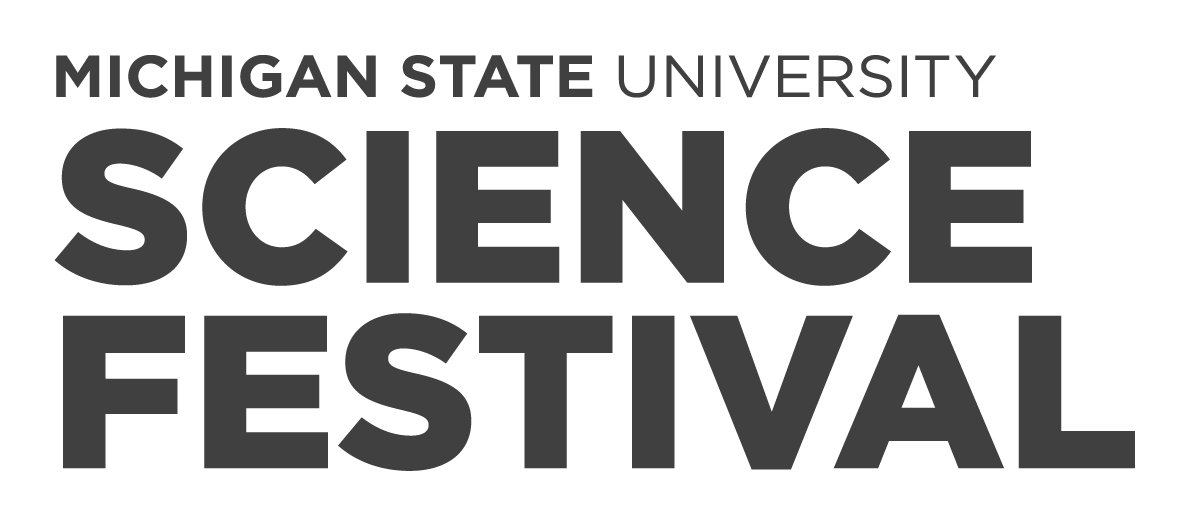Talks & Demonstrations
Talks and panel discussions with experts across the STEAM disciplines
-
AI School: An Introduction to Machine Learning
Saturday, April 11, 11:00 AM - 4:00 PM at STEM Teaching and Learning Facility First Floor, East Wing
Appropriate for: Kindergarten and Pre-K, Elementary school age, Middle school age, High school age, 18 years and above
What is machine learning? This presentation will introduce fundamental concepts of machine learning, a study that has created a "fourth industrial revolution" in the world. Participants will be guided through the main ideas of machine learning and participate in a machine learning activity. The presentation also will include an overview of the strengths/advantages and challenges of machine learning.
Learn more about AI School: An Introduction to Machine Learning
-
Experience Greenfest!
Presented at the following times:
Saturday, April 11, 11:00 AM - 4:00 PM at Belle Isle Nature Center 176 Lakeside Dr Detroit, MI 48207
Sunday, April 12, 11:00 AM - 4:00 PM at Belle Isle Nature Center 176 Lakeside Dr Detroit, MI 48207
Appropriate for: Kindergarten and Pre-K, Elementary school age, Middle school age, High school age, 18 years and above
Visit the Belle Isle Nature Center on Saturday, April 11, and Sunday, April 12, for Greenfest! This free, family-friendly event is packed with exciting eco-friendly activities, outdoor adventures, and opportunities to protect our planet. Dive into participatory science initiatives that help protect our waterways and connect with local conservation experts through engaging demonstrations that showcase the power of sustainability. Don’t miss this chance to go green!
What to Expect:
- Sustainability education stations
- Nature hikes
- Eco-friendly arts and crafts
- Conservation presentations
- An Michigan State University BioBlitz
- Beekeeper talks
- And much more!



